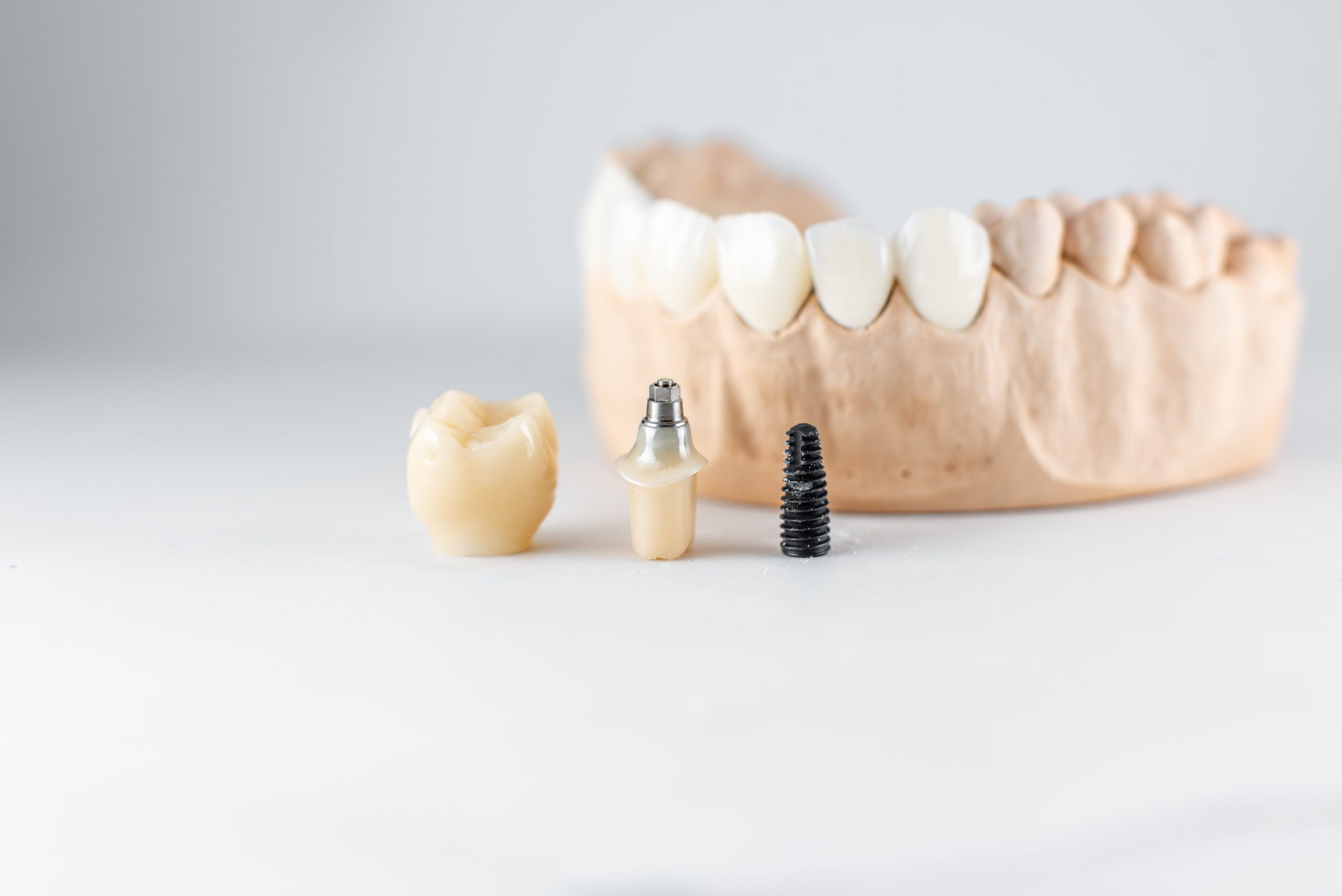 Now
Now

The ideal dental implant candidate will have dense, healthy bone that’s suitable for support. Factors such as the anatomy of your sinuses, age, past smoking, diet and underlying medical conditions can all play a role. As part of your assessment, we’ll conduct a medical screening to rule out any potential risk factors. Occasionally we may recommend a bone graft if the bone density is week (due to things like past smoking or tooth loss). We’ll order a CBCT scan to further evaluate your oral anatomy and bone density to ensure that implants can safely be placed.
During your evaluation, we’ll discuss your options and which implant plan is most suitable. There are a number of factors to consider, making this treatment a truly individualised process. If for any reason your case is extremely challenging, we can hand you off to a specialist for the actual implant placement.

Copyright © 2024 The Doreen Dentist, All rights reserved. Developed by Webco